
Wojciech Has
Nascimento : 1925-04-01, Kraków, Polska
Morte : 2000-10-03
História
Wojciech Jerzy Has was a Polish film director, screenwriter and film producer.
Wojciech Jerzy Has was born in Kraków, with Jewish origin on his father's side, and Roman Catholic on his mother's. During the wartime German occupation of Poland, Has studied at the Kraków Business and Commerce College and later clandestine underground classes at the Kraków Academy of Fine Arts - until it was disbanded in 1943. When the war ended, he went on to study at the reconstituted Academy of Fine Arts in Kraków. In 1946, Has completed a one-year course in film and began producing educational and documentary films at the Warsaw Documentary Film Studio, and in the 1950s moved on to work at Poland's premier filmmaking academy, the National Film Studio, in Łódź.
Has made his debut with Harmony (Harmonia, 1948), a medium-length feature, and began making full-length feature films in 1957. In 1974, he was appointed as professor in the directing department at the National Film School in Łódź. Throughout his long and prolific career, he directed such notable films as The Saragossa Manuscript, The Doll and The Hour-Glass Sanatorium (also known as The Sandglass).
Early on in his career, Has gained a reputation as an individualist who avoided political overtones in his art. He produced his most important films throughout the period when the Polish Film School was at its most prominent; however, his work possessed its own stylistic feeling that was independent of the over policial themes that dominated the prevailing Polish School. In practically every film, Has sought to create hermetic environments, in which the problems and storylines of his protagonists were always of secondary importance to the particular world he had created, characterized by an accumulation of random objects that formed unique visual universe.
Has's oeuvre is commonly associated with Surrealist painting in Polish criticism. This is reinforced by the director's dream poetic and his use of objects, which are also characteristic of many canvasses by the Surrealists. Has also created a number of intimate psychological dramas during his career, such as How to Be Loved and Farewells, focusing on damaged individuals who have difficulty settling into life. In his work, he was fascinated by outsiders and people incapable of finding their place in reality.
Two currents remain evident in Has's output: one was his cinema of psychological analysis, the other his films of visionary form, in which he most often used the motif of a journey.
From Wikipedia, the free encyclopedia
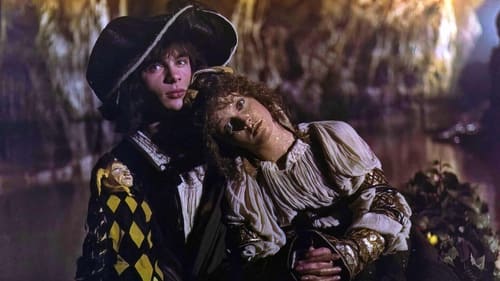
Writer
Story about the young Balthazar thrown from one remarkable event to the other. On his way through a plague hit the landscape, he meets the Kabbalists, priests - and himself.

Director
Story about the young Balthazar thrown from one remarkable event to the other. On his way through a plague hit the landscape, he meets the Kabbalists, priests - and himself.

Director
Based on an 18th Century novel by James Hogg. Tells the story of a young man whose memories, recounted after death, are supposed to be a series of wrong moral choices ending up with him killing himself.
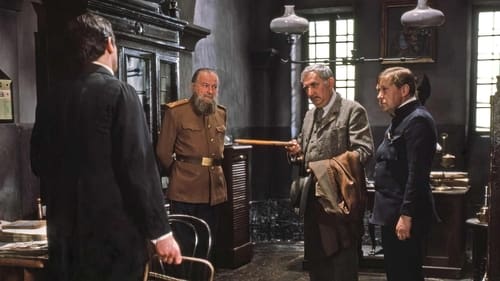
Director
A young journalist is arrested for freethinking ideas. Goes into the cell with the famous safe-breaker and religious Szpicbródką Sixtus, a murderer husband of his mistress.
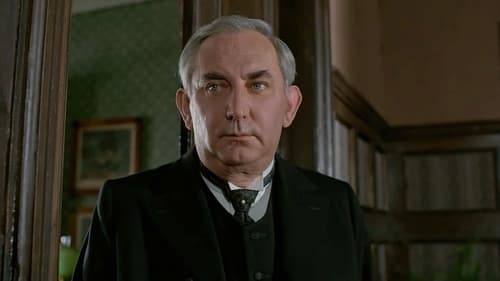
Writer
A well-known professor of medicine finding himself at the threshold of autumn of his life, takes stock of his achievements and experiences. "In the end it ends with what has been known for a long time: that conscious life without a fixed worldview is not life, but torment, horror. - wrote Anton Chekhov in one of his letters summarizing "An Uninteresting Story". The protagonist, Professor Nikolai Stepanovich, is a character characteristic of Chekhov's entire oeuvre - a Russian intellectual from the late nineteenth century, depressed by boredom and a sense of his own uselessness and the meaninglessness of his existence.

Director
A well-known professor of medicine finding himself at the threshold of autumn of his life, takes stock of his achievements and experiences. "In the end it ends with what has been known for a long time: that conscious life without a fixed worldview is not life, but torment, horror. - wrote Anton Chekhov in one of his letters summarizing "An Uninteresting Story". The protagonist, Professor Nikolai Stepanovich, is a character characteristic of Chekhov's entire oeuvre - a Russian intellectual from the late nineteenth century, depressed by boredom and a sense of his own uselessness and the meaninglessness of his existence.
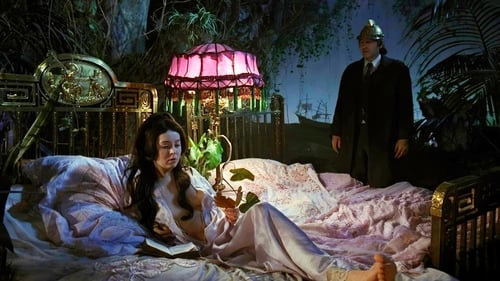
Writer
Ambientado na época pré-Segunda Guerra Mundial. Um jovem viaja num combóio estranho para ir visitar o seu pai moribundo num sanatório. Mas o lugar está em ruínas e recorda muitas memórias do passado. Ele está sitiado por soldados do passado, mercenários negros coloniais, meninas de sua infância e seus pais. É uma aventura interior, com um toque atmosférico incomum e cenários exuberantes.

Director
Ambientado na época pré-Segunda Guerra Mundial. Um jovem viaja num combóio estranho para ir visitar o seu pai moribundo num sanatório. Mas o lugar está em ruínas e recorda muitas memórias do passado. Ele está sitiado por soldados do passado, mercenários negros coloniais, meninas de sua infância e seus pais. É uma aventura interior, com um toque atmosférico incomum e cenários exuberantes.
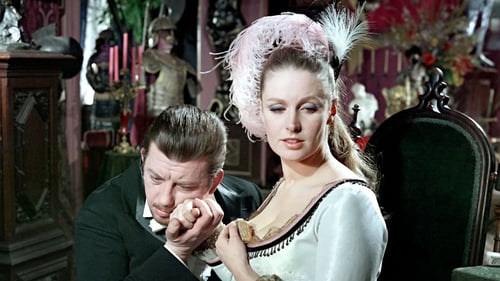
Writer
Set in the 19th century Warsaw. The indolence of aristocrats who, secure with their pensions, are too lazy to undertake new business risks, frustrates Wokulski. His ability to make money is respected but his lack of family and social rank is condescended to. Because of his "help" (in secret) to "the doll's" impecunious but influential father, the girl becomes aware of his affection.

Director
Set in the 19th century Warsaw. The indolence of aristocrats who, secure with their pensions, are too lazy to undertake new business risks, frustrates Wokulski. His ability to make money is respected but his lack of family and social rank is condescended to. Because of his "help" (in secret) to "the doll's" impecunious but influential father, the girl becomes aware of his affection.
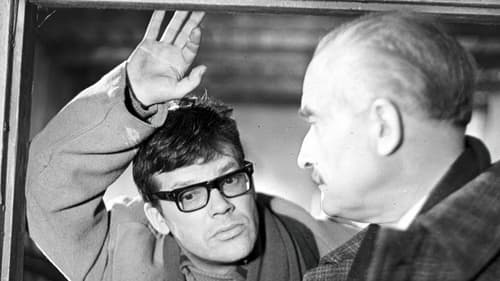
Director
A father searches for his son, who has been missing since WW II, in post-war Poland. In his quest for the truth about his son, the father is forced to contemplate the elusive and coded nature of truth itself.
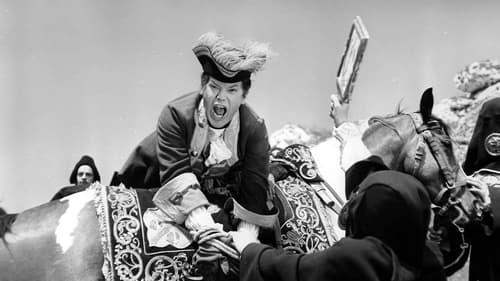
Director
Nos últimos anos da inquisição espanhola um oficial das tropas napoleônicas é submetido a um teste moral por duas sedutoras princesas mulçumanas, irmãs incestuosas da Tunísia.

Director
An actress travels from Warsaw to Paris and during the trip reflects on the last few years of her life. It goes back to the German occupation and her hiding of a fellow actor who has supposedly killed a collaborator.
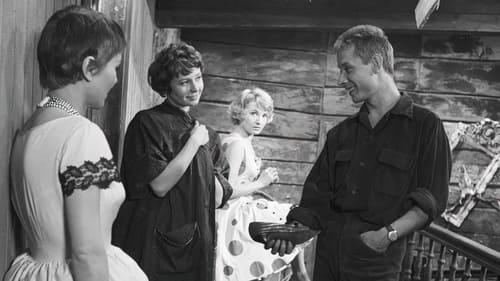
Milicjant
The inability of a truck driver to relate to normal life after an accident for which he feels himself responsible.

Director
The inability of a truck driver to relate to normal life after an accident for which he feels himself responsible.
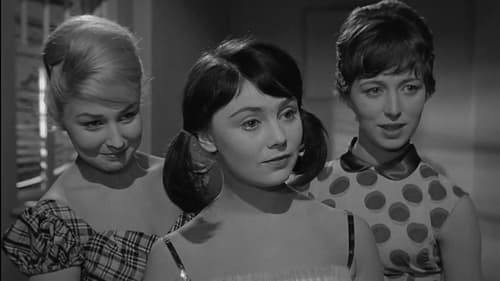
Screenplay
An actress visits her hometown to attend the funeral of her grandfather. She realizes that the places and people from her past differ from her cherished memories.

Director
An actress visits her hometown to attend the funeral of her grandfather. She realizes that the places and people from her past differ from her cherished memories.
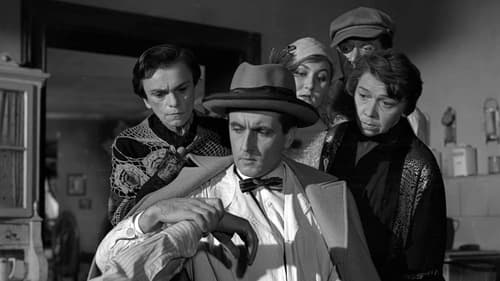
Story
A subjective adaptation of a well-known autobiographical novel by Zbigniew Unilowski (screenplay by Wojciech Jerzy Has with dialogues by Stanislaw Dygat). The adventures of the tenants of a sublet room in a Warsaw townhouse inhabited mostly by students and novice writers, presented against the social context of the 1930s.

Director
A subjective adaptation of a well-known autobiographical novel by Zbigniew Unilowski (screenplay by Wojciech Jerzy Has with dialogues by Stanislaw Dygat). The adventures of the tenants of a sublet room in a Warsaw townhouse inhabited mostly by students and novice writers, presented against the social context of the 1930s.

Writer
The story takes place before World War II and centers on Pawel, a member of a conservative, middle-class family, and his love for Lidka, a taxi dancer. Social conventions and the lovers' inability to defy those forces Pawel and Lidka benefit. Times change, war breaks out, leading to Pawel sent to Auschwitz while Lidka marry his cousin. Their love has survived and conventions are no longer the issue.

Director
The story takes place before World War II and centers on Pawel, a member of a conservative, middle-class family, and his love for Lidka, a taxi dancer. Social conventions and the lovers' inability to defy those forces Pawel and Lidka benefit. Times change, war breaks out, leading to Pawel sent to Auschwitz while Lidka marry his cousin. Their love has survived and conventions are no longer the issue.
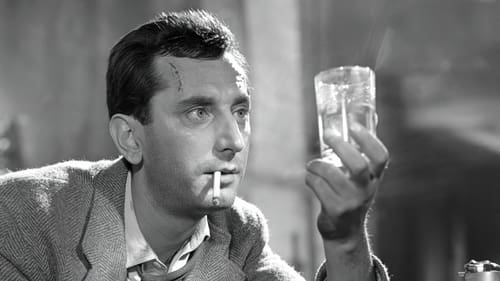
Story
A day in the life of an alcoholic. With the help of his girlfriend Krysia, Kuba attempts to regain control of his life. But when his girlfriend is at work and Kuba home alone, resisting temptation becomes hard.

Director
A day in the life of an alcoholic. With the help of his girlfriend Krysia, Kuba attempts to regain control of his life. But when his girlfriend is at work and Kuba home alone, resisting temptation becomes hard.

Director

Director

Writer

Director

Director

Director
Short documentary on Poland's first steam locomotive.

Screenplay
The first Wojciech J. Has (Saragossa manuscript) short film. Very simple and touching story about a boy who dreams about buying an accordion.

Director
The first Wojciech J. Has (Saragossa manuscript) short film. Very simple and touching story about a boy who dreams about buying an accordion.

Writer
Battered Warsaw is getting back to life after the WW2 destruction. The ruins of the Old Town become homes once again.

Director
Battered Warsaw is getting back to life after the WW2 destruction. The ruins of the Old Town become homes once again.















